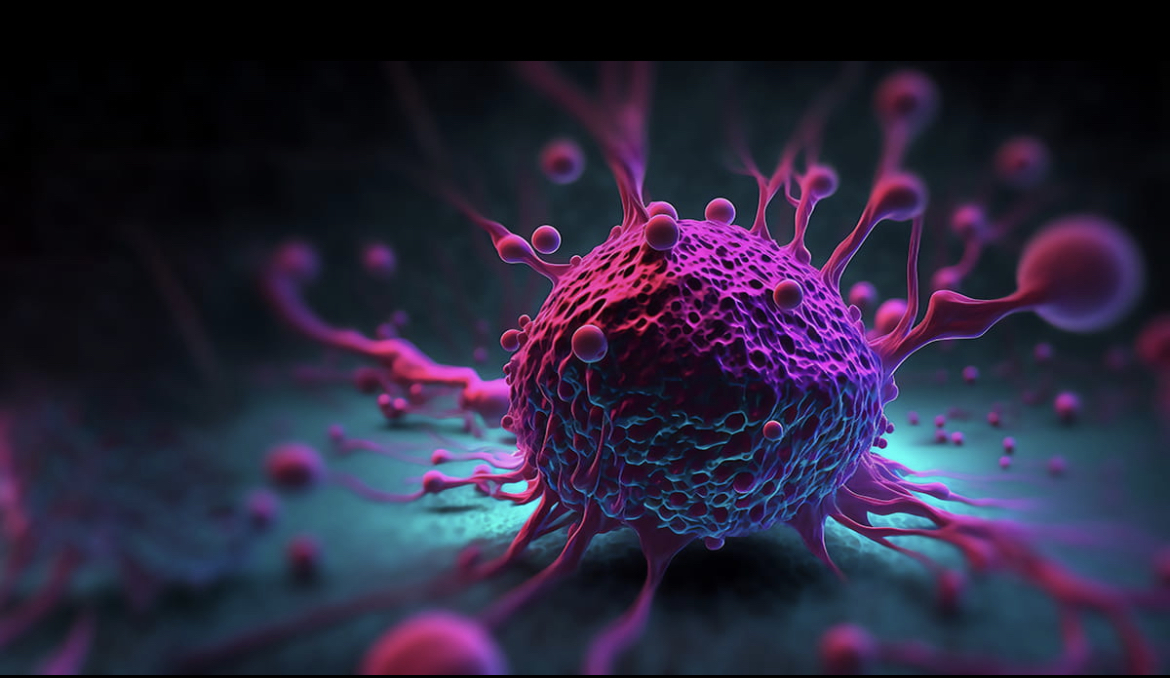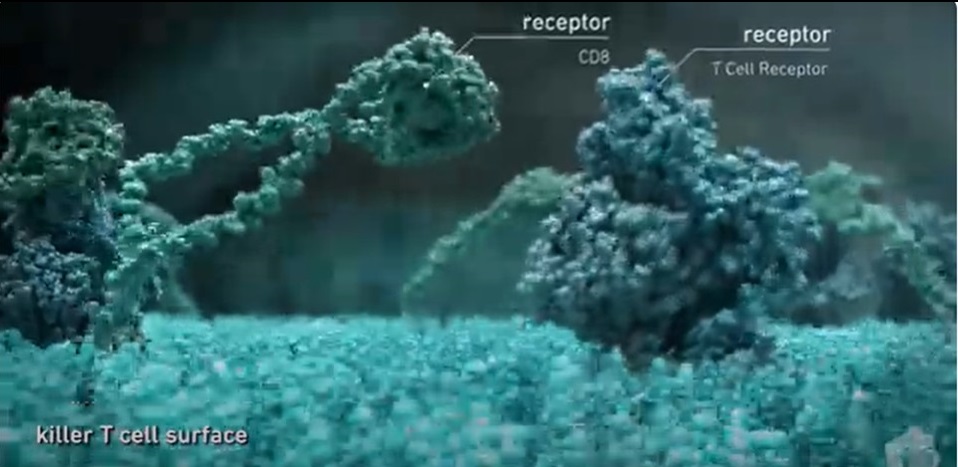Tag: CAR T cells
-

New research published in Nature sheds light on the intricate workings of chimeric antigen receptor T cell (CAR T) therapies, offering insights into why these treatments are effective and how they improve with time. The study, conducted by scientists from the Children’s Hospital of Philadelphia (CHOP) and Stanford University School of Medicine, unveils the pivotal…
-

The p53 protein, often referred to as the “guardian of the genome,” plays a crucial role in cell biology by regulating cell cycle, apoptosis, and genomic stability. Its functions include activating DNA repair proteins, arresting cell growth in response to DNA damage, initiating programmed cell death, and contributing to the senescence response. Alterations of p53…
